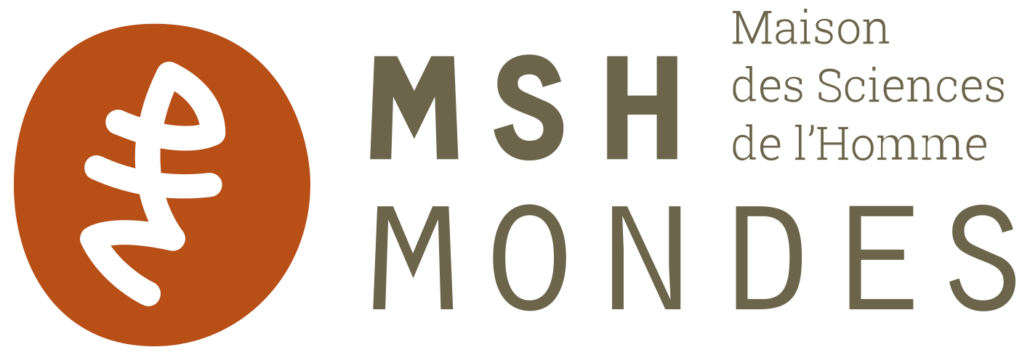| Current library | Call number | Status | Date due | Barcode |
|---|---|---|---|---|
| Lyon : MOM - Bibliothèque de la Maison de l'Orient et de la Méditerranée Libre accès | BAB DS99.D3. S48 2020 (Browse shelf(Opens below)) | Available | 163167 |
Bibliogr. p. [190]-199. Notes bibliogr. Index
In Damascus Life 1480-1500: A Report of a Local Notary Boaz Shoshan offers a microhistory of the largest Syrian city at the end of the Mamluk period and on the eve of the Ottoman conquest. Mainly based on a partly preserved diary, the earliest available of its kind and written by Ibn Ṭawq, a local notary, it portrays the life of a lower middle class who originated from the countryside and who, through marriage, was able to become a legal clerk and associate with scholars and bureaucrats. His diary does not only provide us with unique information on his family, social circle and the general situation in Damascus, but it also sheds light on subjects of which little is known, such as the functioning of the legal system, marriage and divorce, bourgeois property and the mores of the common people








There are no comments on this title.